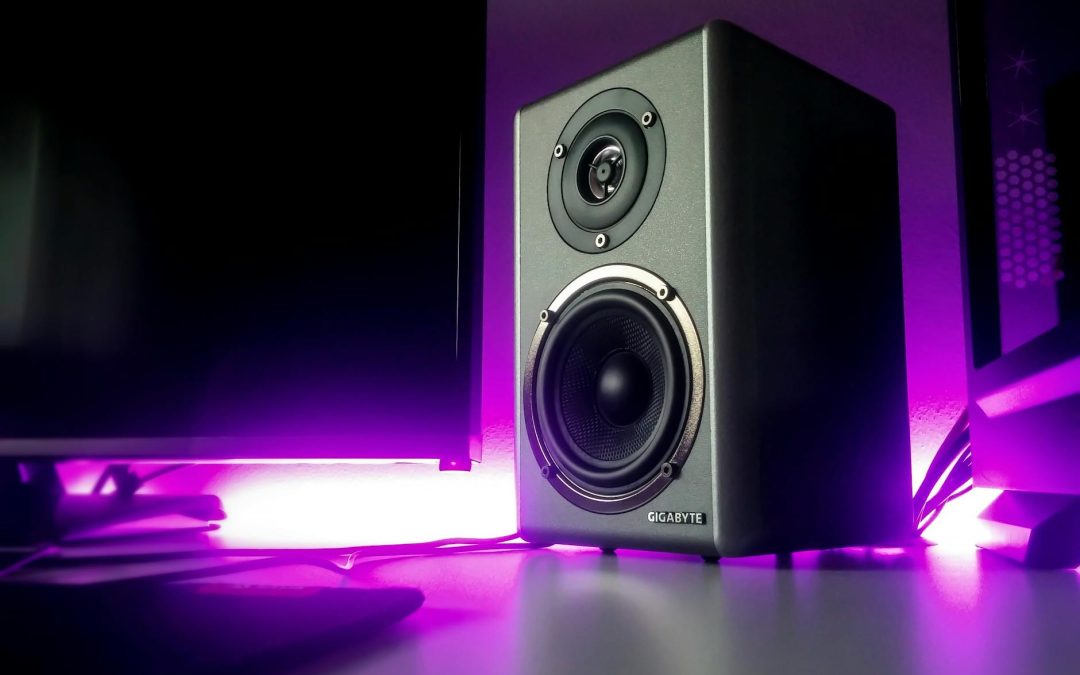Neighbors playing music all day can be both annoying and distracting. Most communities have sound ordinances. Essentially, your neighbors can play their music only so loud as not to interfere with your living comfortably in your home. If the noise leaks far past its source or can be measured in terms of high decibels (dB), those ordinances apply.
The 5 Best Ways to Deal with Neighbors Playing Loud Music
Step 1: Know How Loud Your Neighbors Can Play Music
How loud can your neighbors play music according to the law? Knowing the local limits is the first step in determining what you can do.
Here are a few excerpts from ordinances in effect in some metro areas:
Austin, Texas, Noise Ordinance: The sound limit for music at businesses or private residences cannot be in excess of 85 dB between 10 a.m. and 10 p.m. After 10 p.m. the noise limit drops to 80 dB. (Note: 80 to 89 dB would be the noise level produced by heavy traffic, a window air-conditioner or a power lawn mower. Sounds in excess of 85 dB can cause hearing loss.)
Houston, Texas, Noise Ordinance: Residential property noise limits for a sound source heard beyond the property lines are 65 dB during daytime and 58 dB (approximately equivalent to normal conversation or background music) during nighttime hours.
Dallas, Texas, Noise Ordinance: The city of Dallas ordinance states that no person “shall make or cause to be made any loud and raucous noise in the city which is offensive to the ordinary sensibilities of the inhabitants of the city, which noise renders the enjoyment of life or property uncomfortable or interferes with public peace or comfort.”
See more information on sound ordinances for other cities here.
Step 2: Tell Your Neighbor about the Noise Disturbance
Once you have done your research, the obvious quick remedy and best way to deal with neighbors’ loud music is to just ask the neighbor to turn down the volume. Sometimes a simple courtesy knock on the adjoining wall will do the trick. If the neighbor doesn’t take the hint, or becomes stubborn or hostile, it’s time to back off and pursue other remedies.
Step 3: Document the Behavior
If your noise complaint about loud music is legitimate, and the neighbor continues to ignore your requests to lower the volume, it is time to start documenting your complaints. The easiest way is to keep a written list with the date, time and description of the problem. Keep the list until you have enough information to show to authorities or take your case to your landlord.
Step 4: File a Noise Complaint About the Loud Music
If the problem continues, check with your local police headquarters or government office. Your municipality can help you in filing your noise complaint. Some jurisdictions, as noted above, place a decibel level limit for neighborhood sounds. Exceeding that limit amounts to disturbing the peace.
Anyone who violates the local sound ordinance could be charged with disturbing the peace and be subject to penalties. In Houston, for example, penalties range from a fine of $50 to $1,000, rising to $2,000 for repeat offenses.
Step 5: Sue the Noisy Neighbor As a Last Resort
You can bring separate legal action known as a nuisance lawsuit. The legal connotation of “nuisance” is the misuse of someone’s property in a way that prevents others from enjoying their own property. Included in the definition of nuisance are loud noises. You could potentially sue for damages if you suffered some injury — hearing loss, for example — as the result of excessive noise. However, this will involve hiring a lawyer to take your neighbor to court.
Other Options for Dealing with Neighbors Playing Loud Music
There are other remedies available to you if your noise complaint is unsuccessful, and you’d rather avoid the hassle and expense of a lawsuit.
Soundproofing Your Home With Sun & Sound Windows
If you live in a home or apartment and are bothered by traffic and other environmental noise, you have another, more permanent, remedy. You can restore your peace and quiet with Sun & Sound soundproof window panels. Those panels soundproof your existing windows and insulate your home from the elements and outside noise.
Manufactured in Texas and with its newest service location in Nashville, Tennessee, Sun & Sound offers inserts that are custom made for any window. They are not replacement windows. Rather, they are laminated glass window treatments installed on the inside of the window opening, costing about half of regular soundproof windows.
They don’t affect the look of your home, and they offer more protection from noise than acrylic window inserts.
Get Peace and Quiet Today
Whether your problem is apartment neighbors playing loud music or street noise, soundproofing your home of apartment can restore the quiet enjoyment and well-deserved peace and quiet of your home.
We’re here to help. Give us a call for assistance, or fill out our online form for a free estimate.

 281-336-8685
281-336-8685


